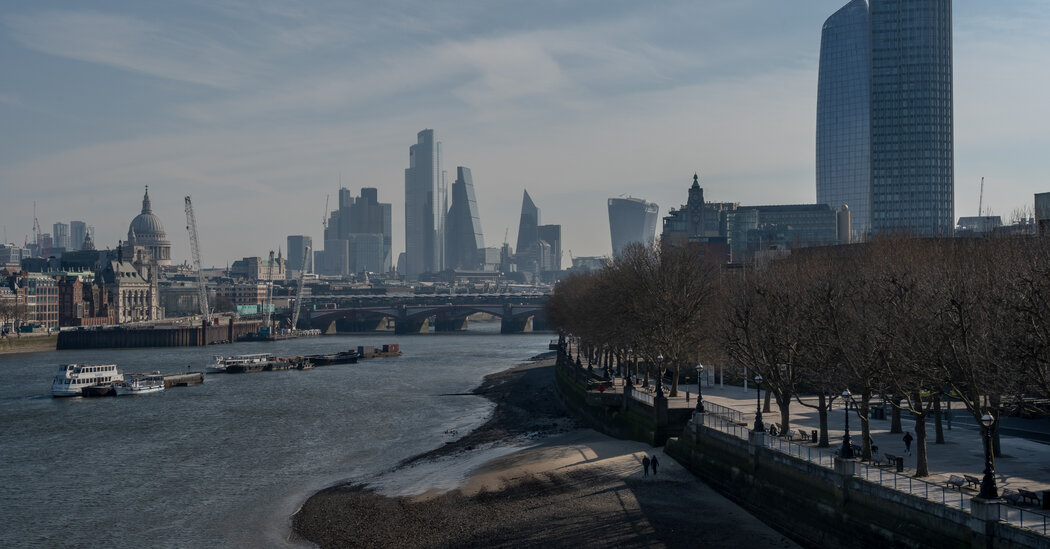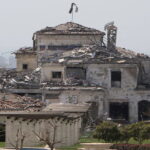
In a report in December on corrupt money in Britain, Chatham House, a research institute on foreign affairs, cited the Russian financier Dmitry Leus, who it said was “a supporter of St George’s Hospital, runs a children’s charity, supports a sports club in London, and is a fellow of the Royal Society of Arts.”
“He also attempted to become a patron of the Prince of Wales’s foundation, making a £535,000 donation,” the report said. “However, the foundation later returned the donation, having learnt that Leus had spent time in a Russian prison.”
Leonard Blavatnik, a Ukraine-born British American billionaire, donated almost $100 million to Oxford University to build a school of government, and his name is on a wing of the Tate Modern Museum in London. One of the wealthiest people in Britain, Mr. Blavatnik has kept his distance from Mr. Putin, though he made his fortune in the post-Soviet breakup, investing with a fellow oligarch, Viktor Vekselberg.
“You have to be careful about where to draw the line,” Joe Powell, a founder of Kensington Against Dirty Money, said of going after individuals. “This is not meant to be an anti-Russia or anti-Russian campaign. This is first about transparency.”
For the activists, it is easier to shine a spotlight on Mr. Aliyev, the Azerbaijani leader, whose government engages in repression and human-rights abuses, according to the State Department. The problem with the influx of money like Mr. Aliyev’s, Mr. Powell said, is that it distorts the property market, making affordable housing scarce while leaving thousands of high-end residences empty.
Russia-Ukraine War: Key Things to Know
The townhouse in Kensington is one of a portfolio of London properties, worth tens of millions of dollars each, owned by offshore companies with ties to Mr. Aliyev or his relatives. The ownership details came to light in the Pandora Papers, a trove of leaked financial documents that were published, starting last October, by the International Consortium of Investigative Journalists.




